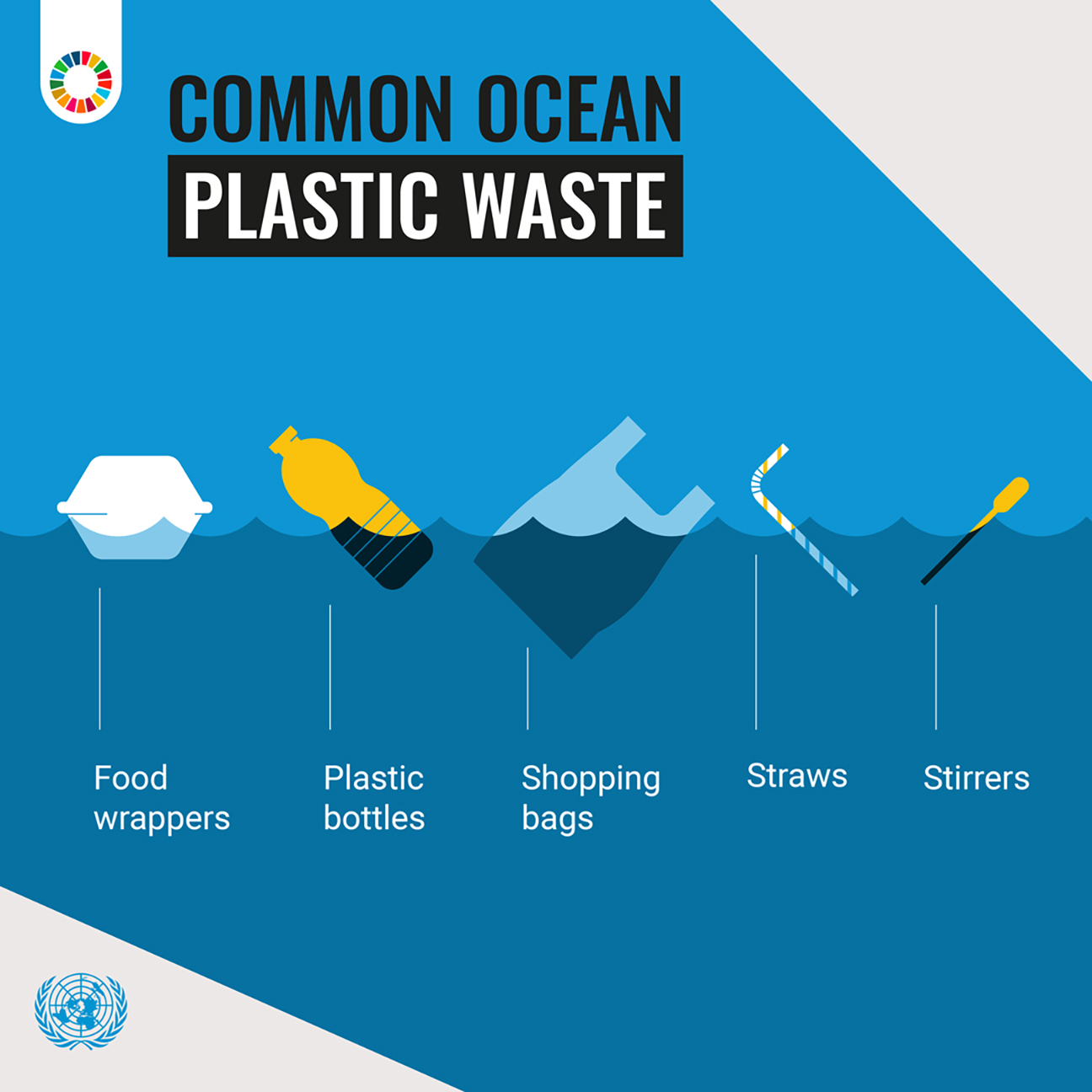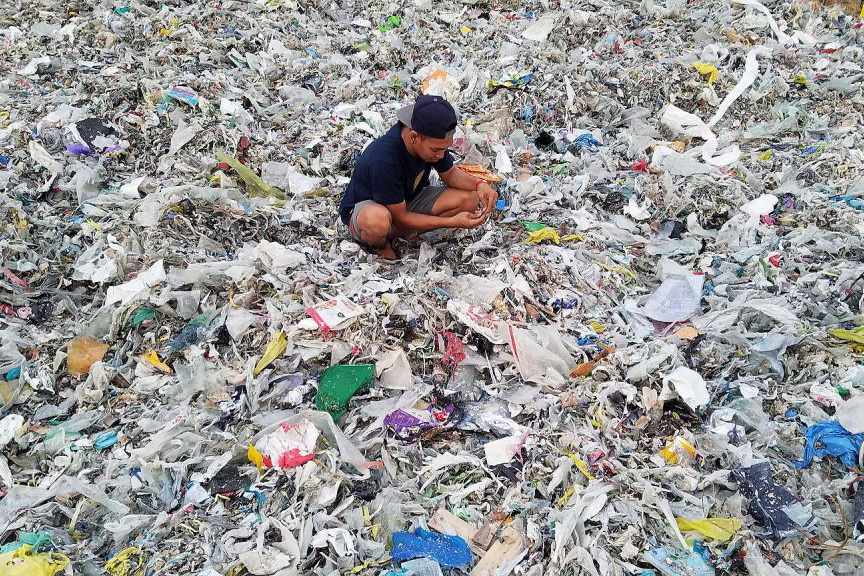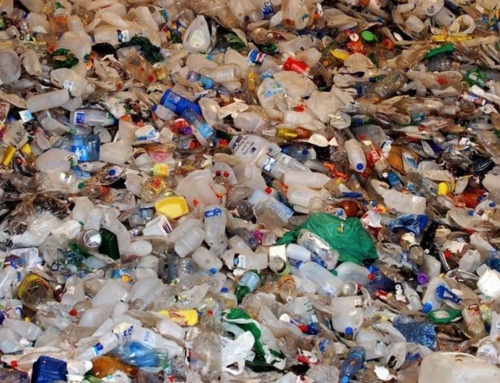The global plastic crisis has reached staggering proportions, with less than 10% of plastic waste from recent decades being recycled. As the world grapples with the dire consequences of plastic pollution on public health and the environment, a groundbreaking treaty to reduce plastic pollution is on the horizon. However, concerns are mounting that the United Nations is legitimizing industry-backed proposals, including chemical recycling, potentially undermining the treaty’s effectiveness.
The plastic crisis has grown exponentially, with the majority of plastic waste ending up incinerated, buried in landfills, or littering our land and water. Plastics are now recognized as a significant driver of climate change. As renewable energy gains ground, the fossil fuel industry is increasingly turning to the production of new plastics as a fallback plan.
The impending United Nations treaty on plastic pollution presents a formidable challenge to the plastics industry. As world officials prepare to negotiate the treaty’s text, the potential implications for businesses relying on plastic could be immense if the agreement restricts plastic production or use.
It comes as no surprise that businesses have sought to influence the plastic treaty discussion. However, environmental advocates and scientific researchers are alarmed by the United Nations’ role in promoting the interests of Big Plastic. The situation is evident in New York City, where global leaders, business executives, and climate activists have gathered for Climate Week, an event organized by the nonprofit Climate Group in partnership with the United Nations.
A report published by the United Nations Environment Program, co-authored with Systemiq, a consulting firm advising the fossil fuel and plastics industries, has raised eyebrows among environmentalists. The report garnered attention for suggesting interventions that would reduce global plastic pollution by 80% by 2040 but also favored industry-favored solutions. Critics argue that the report prioritized waste management over limiting the creation of new plastic, potentially weakening the effectiveness of the plastic treaty.

One of the most contentious points is chemical recycling, a process that can require more energy than producing new plastic. The report projected a significant expansion of chemical recycling, a move questioned by environmental experts who see it as unsustainable. Incineration, another contentious issue, raises concerns about toxic emissions. Critics argue that focusing on waste management rather than reducing plastic production risks perpetuating a cycle of plastic production and waste.
Scientists have raised concerns about the report’s framing and specific recommendations, but their feedback appeared to be overlooked. The United Nations Environment Program acknowledged the oversight, but critics argue that more should have been done to ensure the report’s impartiality.
As the world stands on the brink of a groundbreaking treaty to combat plastic pollution, the alliance between the United Nations and the plastics industry raises critical questions about the treaty’s effectiveness. Balancing the interests of industry with the imperative to address the plastic crisis is a challenging task. As the debate intensifies, the world watches to see whether the United Nations will prioritize environmental health or industry interests in the fight against plastic pollution.






